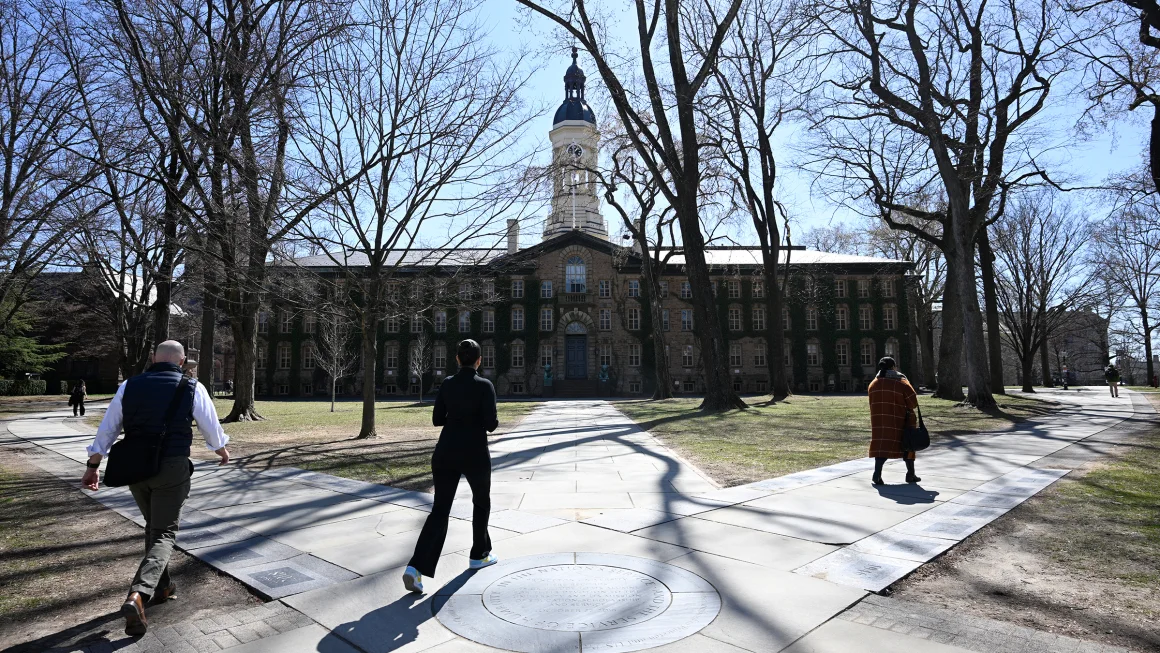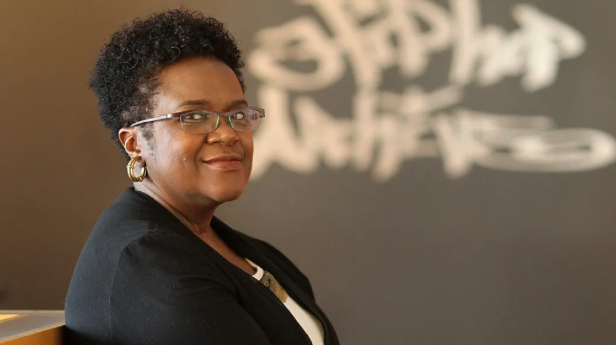The Trump administration has suspended research grants totaling $210 million to Princeton University as part of an ongoing investigation into antisemitism on campus, according to the White House and the Department of Energy.
“I can confirm the Energy Department has paused grant funding to Princeton University pending the completion of the Department of Education’s investigation into Princeton regarding anti-Semitic harassment,” a spokesperson for the Department of Education wrote to CNN.
Earlier in the day, university President Christopher Eisgruber alerted the Princeton community to the cuts in a community-wide email provided to CNN. In the message, he said the rationale for the suspension was “not fully clear” but he went on to discuss the university’s commitment against antisemitism.
“The full rationale for this action is not yet clear,” Eisgruber wrote in the message. He said the university was notified this week by multiple agencies, including the Department of Energy, NASA and the Defense Department.
“Princeton University will comply with the law. We are committed to fighting antisemitism and all forms of discrimination, and we will cooperate with the government in combating antisemitism. Princeton will also vigorously defend academic freedom and the due process rights of this University,” Eisgruber added.
When asked about the funding being paused, a White House spokesperson referred CNN to reporting by the Daily Caller indicating $210 million to Princeton will be impacted while the administration investigates antisemitism on campus.
A spokesperson for Princeton University referred CNN to Eisgruber’s statement when asked for comment on the antisemitism claims by the federal government. The Defense Department declined to comment. CNN has reached out to NASA for comment.
Princeton is the latest Ivy League school to face funding halts or cuts since President Donald Trump took office. Last month, his administration first canceled $400 million to Columbia University over antisemitism on campus, paused $175 million in federal funding to the University of Pennsylvania and placed more than $9 billion in contracts and grants under review at Harvard University as part of its investigation into antisemitism on campus.
The university is one of more than 50 schools being investigated by the Department of Education for alleged violations “relating to antisemitic harassment and discrimination.” However, Princeton was not part of the list of 10 schools that the investigatory committee said it would visit as part of its investigation. Those 10 schools include Columbia, Harvard, Johns Hopkins University, NYU, Northwestern, UCLA and UC Berkeley.
The Anti-Defamation League’s most recent report card on US colleges’ efforts to combat antisemitism gave Princeton a D, saying it had a deficient approach.
The Department of Education initiated a Title IV review of Princeton in January 2024 after Zachary Marschall, editor-in-chief of the conservative website Campus Reform, submitted an antisemitism complaint, citing instances in which protesters called for an “intifada” and chanted “Brick by brick, wall by wall, apartheid has got to fall.” Marschall is not affiliated with the university.
According to the Department of Education’s database on Title IV complaints, Marschall’s is the only Title IV discrimination complaint open at the university.
Antisemitism “does not dominate” Jewish life at Princeton the way the “adminstration might suggest,” Rabbi Gil Steinlauf, executive director of Princeton’s Center for Jewish Life, told CNN, adding “extremist thinking is largely marginalized.”
“I think there are other universities where perhaps there is a much more pointed experience of antisemitism,” Steinlauf said. “There are other universities, perhaps, where Jewish students might report feeling physically unsafe. That doesn’t exist here on this campus.”
According to Steinlauf, Eisgruber and other Princeton leaders have worked with the Jewish community since the October 7, 2023, Hamas attacks on Israel to make sure all students felt safe and included. He cites Eisgruber’s attendance at the dedication of a new Jewish dining pavillion Monday night, hours before the letter to the community on the suspension of funding.
“The reason why (extremist thinking) is largely marginalized has to do with incredibly strong support from President Eisgruber and everyone in the university administration who stands strongly and solidly behind the Jewish community on this campus,” Steinlauf said.
Eisgruber, who took office in 2013, also recently penned a column in The Atlantic describing the Trump administration’s actions against Columbia University as an attack on freedom and “presenting the greatest threat to American universities since the Red Scare of the 1950s.”
While the university did not disclose the total amount of funding impacted, Princeton has received hundreds of millions in government grants and contracts.
During the 2023-2024 fiscal year, Princeton received more than $455 million from government grants and contracts, according to the latest financial report published by the university.
Before Tuesday’s announcement, Princeton appears to have been anticipating funding changes.
In a March 19 memo to faculty, Princeton Provost Jennifer Rexford announced a hiring freeze, saying the university’s leadership had been working on contingency plans for months “to help us protect our core mission of research, teaching, and service at a time of considerable uncertainty and risk.”
“Like many institutions of U.S. higher education, Princeton University’s operating model relies on a longstanding compact with the federal government, which partners with universities and colleges to produce research, training, and education for the benefit of the country and society. … That model is under profound stress now,” Rexford wrote.




